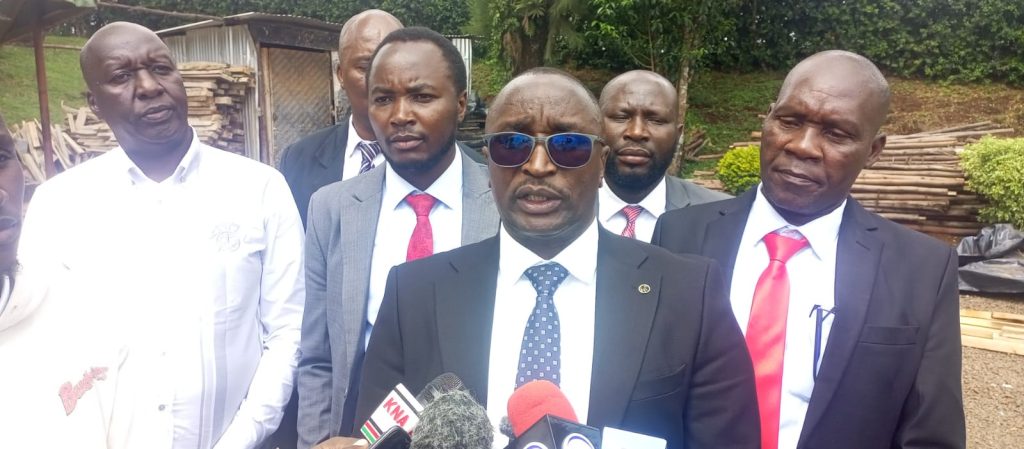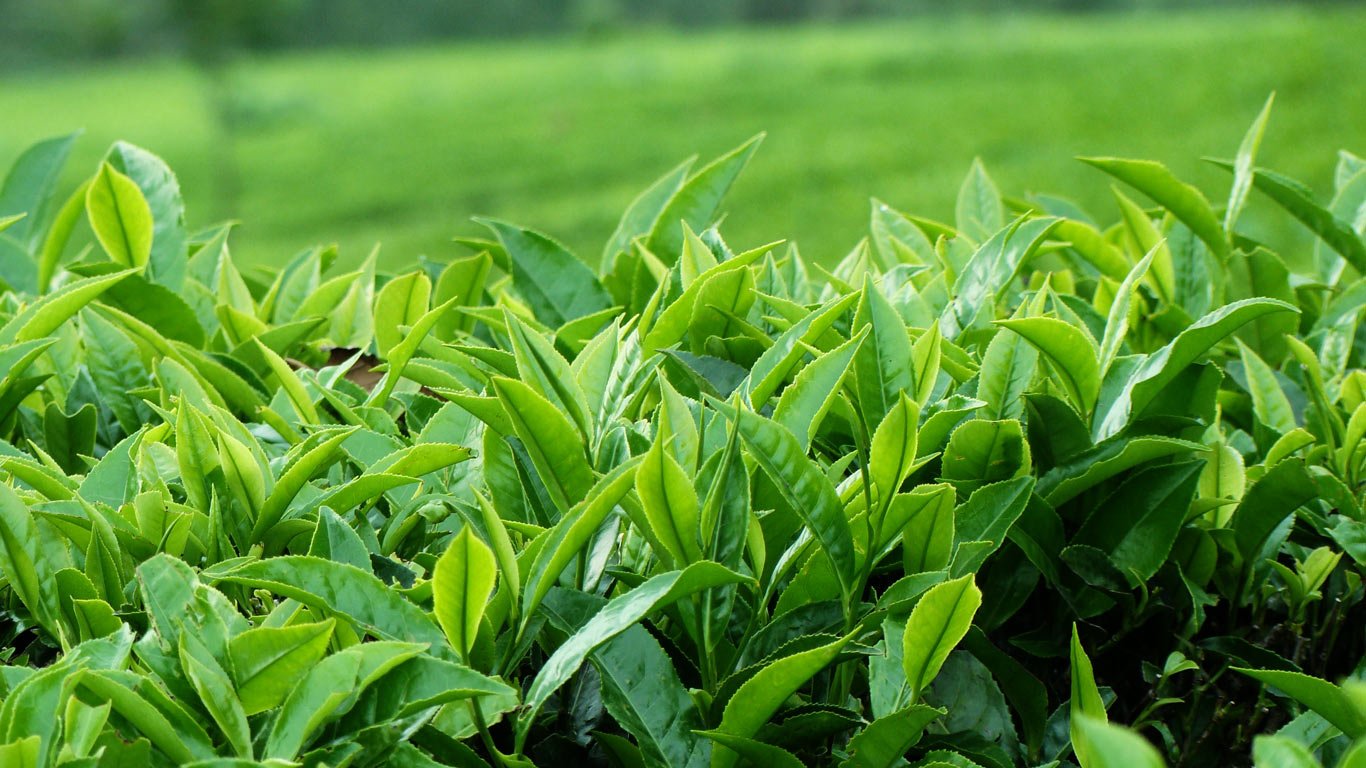BY STEPHEN KILONZI
Tea stakeholders from the Mt Kenya region have rejected a proposal to introduce machine-based flavor testing in Kenya’s tea industry, terming it unrealistic and a threat to the country’s global market reputation.
Speaking at Rukuriri Tea Factory in Embu, factory chairman Joseph Rwanjau said tea buyers across international markets trust the traditional biological tasting method and would likely reject machine-graded teas.
He insisted that human taste remains the ultimate standard for determining quality and flavor.
“We prefer biological testing. The taste of a human being cannot be the taste of a machine. We tried machine testing before, but the buyers refused,” said Rwanjau.
He cautioned that forcing technological testing methods on the market could undermine consumer confidence and harm exports that rely heavily on Kenya’s long-standing reputation for premium flavor.
Rwanjau also dismissed claims that tea farmers in eastern Kenya receive higher bonuses than those in the west, describing the allegations as baseless.
He clarified that tea quality—not region—determines pricing and payments, noting that Rukuriri’s competitive bonuses stem from consistent quality and investments in value addition.
To boost returns, the factory has invested Sh10 million in a new tea-packing machine, set to begin operations in December.

Rwanjau said the equipment will increase locally sold, value-added tea from 2 percent to 10 percent, improving earnings in the next payment cycle.
NOTE: ARISE MEDIA is now on WhatsApp Channels! CLICK this link to JOIN and read the news in your favourite messenger.
He attributed the factory’s strong performance to its focus on branded tea bags and premium leaf products, revealing that green leaf collection has risen to 1.7 million kilograms this year, up from 1.6 million last year.
However, he expressed concern over the delayed completion of the factory’s orthodox tea line, saying it has slowed diversification and affected bonus growth.
Rwanjau further confirmed that fertilizer supplies for farmers have arrived at the Port of Mombasa and will soon be distributed to enhance productivity. Increasing yields, he said, would lower production costs and raise farmer earnings.
The debate over tea grading methods follows growing calls—especially from Rift Valley farmers—for automation, with claims that human-led tasting is subjective and prone to bias.
Proponents of machine testing argue it would ensure transparency and uniformity, but Mt Kenya stakeholders insist that human expertise remains the cornerstone of Kenya’s tea excellence.
What’s happening near you? Send us the story via
news@arisemediagroup.co.ke or WhatsApp 0750456085
Book Advert-use above contacts
 380
380


